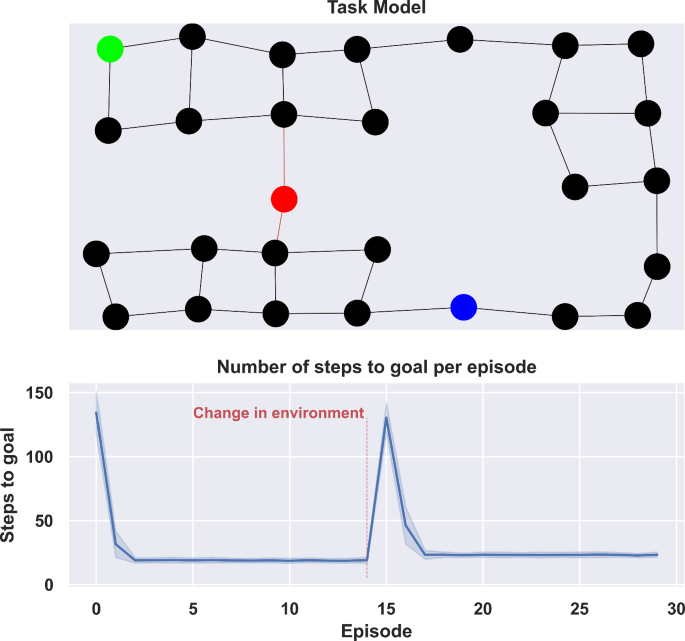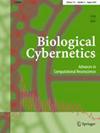智力的四种属性,一千个问题。
IF 1.6
4区 工程技术
Q3 COMPUTER SCIENCE, CYBERNETICS
引用次数: 0
摘要
杰夫·霍金斯(Jeff Hawkins)是少数能同时掌握人工智能和神经科学两种语言的人之一。霍金斯在他的新书《一千个大脑:一种新的智能理论》中提出,目前的学习算法缺乏真正的机器智能所必需的四个属性。在这里,我们证明了一个满足所有四个点的最小学习系统可以只用简单的、经典的机器学习技术来构建。我们说明了这样一个系统在一些重要方面缺乏生物智能。我们认为霍金斯的列表是一个有用的模型,但是真正的智能的“配方”——如果有的话——可能不那么容易定义。本文章由计算机程序翻译,如有差异,请以英文原文为准。

Four attributes of intelligence, a thousand questions.
Jeff Hawkins is one of those rare individuals who speaks the languages of both AI and neuroscience. In his recent book, "A Thousand Brains: A New Theory of Intelligence", Hawkins proposes that current learning algorithms lack four attributes which will be necessary for true machine intelligence. Here we demonstrate that a minimal learning system which satisfies all four points can be constructed using only simple, classical machine learning techniques. We illustrate that such a system falls short of biological intelligence in some important ways. We suggest that Hawkins' list is a useful model, but the "recipe" for true intelligence-if there is one-may not be so easily defined.
求助全文
通过发布文献求助,成功后即可免费获取论文全文。
去求助
来源期刊

Biological Cybernetics
工程技术-计算机:控制论
CiteScore
3.50
自引率
5.30%
发文量
38
审稿时长
6-12 weeks
期刊介绍:
Biological Cybernetics is an interdisciplinary medium for theoretical and application-oriented aspects of information processing in organisms, including sensory, motor, cognitive, and ecological phenomena. Topics covered include: mathematical modeling of biological systems; computational, theoretical or engineering studies with relevance for understanding biological information processing; and artificial implementation of biological information processing and self-organizing principles. Under the main aspects of performance and function of systems, emphasis is laid on communication between life sciences and technical/theoretical disciplines.
 求助内容:
求助内容: 应助结果提醒方式:
应助结果提醒方式:


